Exhibition Review | Corporate Interview: "Hydrogen" Equipment Enters the Stage, "Burning" Embarks on a New Chapter! Beijing Institute of Technology makes its debut at the 2024 China International Import Expo, promoting green transformation in the internal combustion engine industry

After 30 years of innovation and integration of resources, the China International Internal Combustion Engine and Power Equipment Expo (hereinafter referred to as the "Expo") covers the entire power equipment industry chain and has become a benchmark for the development of the power industry. The 2024 Sports Expo brings together global power equipment companies to participate, and numerous cutting-edge technologies are competing to be showcased here.
At this exhibition, Beijing Institute of Technology showcased cutting-edge hydrogen power technology products, and Professor Sun Baigang from the School of Mechanical and Vehicle Engineering was invited by the organizers to be interviewed by industry media.
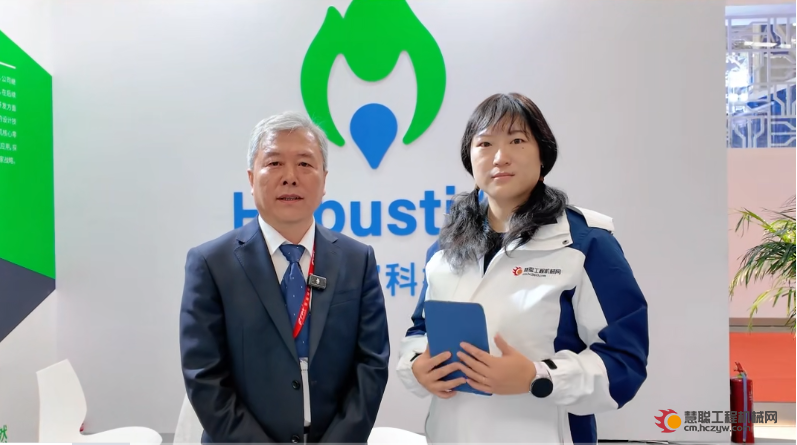
Question 1: In recent years, under the interweaving of carbon neutrality vision, energy revolution, and digital development wave, the power industry is facing unprecedented challenges and changes, and higher requirements have been put forward for the technology of engine products. How do you view the current technological development trends in the power market? Which fields are research hotspots?
Answer: The current power technology is indeed facing significant changes. We all know that power equipment consumes energy, and the massive consumption of fossil fuels leads to carbon dioxide emissions. Therefore, hydrogen energy is highly regarded by international peers. The world's top five hydrogen energy institutions also predict that by 2050, hydrogen will account for 12% to 22% of the future energy system, up from only 0.1% currently, indicating huge potential for development in the future.
There are two technological routes for hydrogen energy applications: fuel cells and hydrogen internal combustion engines. Hydrogen internal combustion engines burn hydrogen gas in traditional engine cylinders to achieve thermal power conversion, which can achieve high power, high efficiency, and low emissions, and has sparked a trend internationally. Our team has been focusing on the research and development of hydrogen internal combustion engines since 2006 and has made positive progress.
In the future, the fuel side will expand to low-carbon and zero carbon fuels such as hydrogen and methanol, which is also the path for internal combustion engines to achieve carbon neutrality transformation.
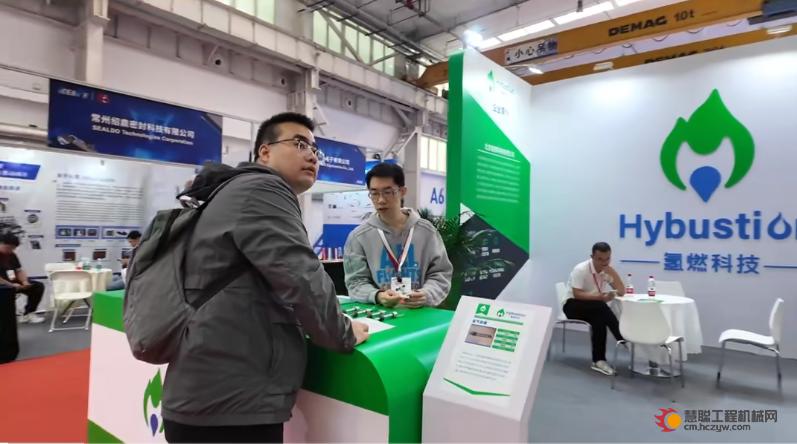
Question 2: What pain points do you think still exist in the current development of internal combustion engine power technology?
Answer: China's internal combustion engine industry has gradually grown from large to strong, and we are now undoubtedly a world leader in internal combustion engine manufacturing. But in the process of facing the world's strong internal combustion engine manufacturing countries, the internal combustion power industry still needs to cross two mountains:
The first major challenge is to continuously improve the thermal efficiency of existing fuel and gas engines. Over the past decade or so from 2005 to present, the internal combustion engine industry has made significant progress, with a substantial increase in thermal efficiency. However, it still faces significant technological challenges in the future. In April of this year, Weichai Power released a 53% thermal efficiency diesel engine, injecting strong development momentum into the entire internal combustion engine industry.
In fact, when internal combustion engines use alternative fuels, their thermal efficiency may be significantly improved once again. For example, hydrogen has a fast combustion rate and the possibility of further improving thermal efficiency, providing a very good direction for improving the thermal efficiency of the entire internal combustion engine.
At the same time, we also noticed that the National Emission Standard 7 is currently being formulated. Throughout the implementation of emission standards from National I to National VI, emission regulations have played a significant role in driving technological progress in internal combustion engines. In the future, even with the implementation of National VI, internal combustion engines can still find solutions. If internal combustion engines can achieve both low-carbon and low or near zero emissions in the future, the development path of internal combustion engines will continue for even longer, so we still have confidence in the internal combustion engine industry.
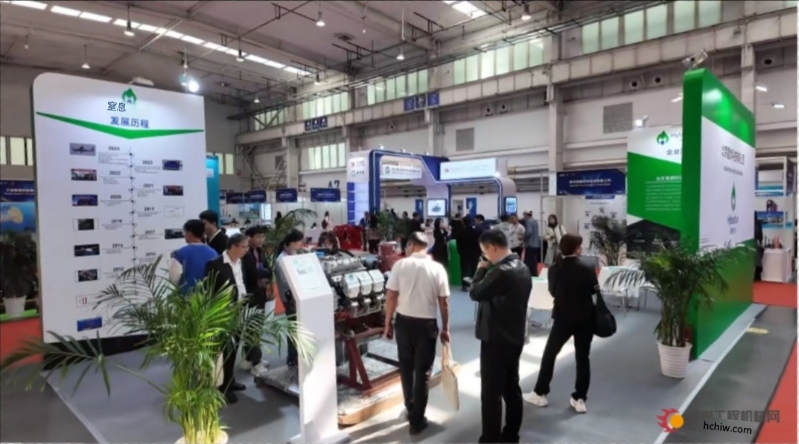
Question 3: After the official establishment of the Zhongguancun Hydrogen Energy and Fuel Cell Technology Innovation Industry Alliance in 2021, the Hydrogen Engine Innovation Alliance also held its founding conference in Kaijin in May this year. The establishment of these two organizations plays an important role and significance in the development and application of hydrogen power technology. As a key research institution in this field, Beijing Institute of Technology is involved. So, what has been the development of the organization in the past two years?
Answer: Since its establishment in 2021, the Zhongguancun Hydrogen Energy Alliance has played a bridge and link role in promoting hydrogen energy and fuel cells throughout our country. It can establish extensive communication with various departments of the central government, local governments, and downstream enterprises, facilitating the exchange of information in the industry and promoting the development of enterprises, technological progress, and the construction of the entire standard and regulatory system.
In May of this year, the Tianjin Internal Combustion Engine Society Hydrogen Engine Innovation Consortium was also established. After the establishment of the consortium, more emphasis will be placed on the development of front-end common technologies, and its positioning and responsibilities will be distinguished from those of the Zhongguancun Hydrogen Energy Alliance.
On September 20th of this year, the Zhongguancun Hydrogen and Fuel Cell Alliance established the Hydrogen Internal Combustion Engine Innovation and Application Professional Committee, led by Beijing Institute of Technology and Beijing Hydrogen Fuel Technology. The committee mainly focuses on deep integration with enterprises, especially deep cooperation between enterprises, and sets an example on the application side. Industry organizations play a great role in the development of the industry. On such a large platform, companies can fully showcase their technology, and peers can exchange and collide on technology, which is of great help to the progress of the industry.
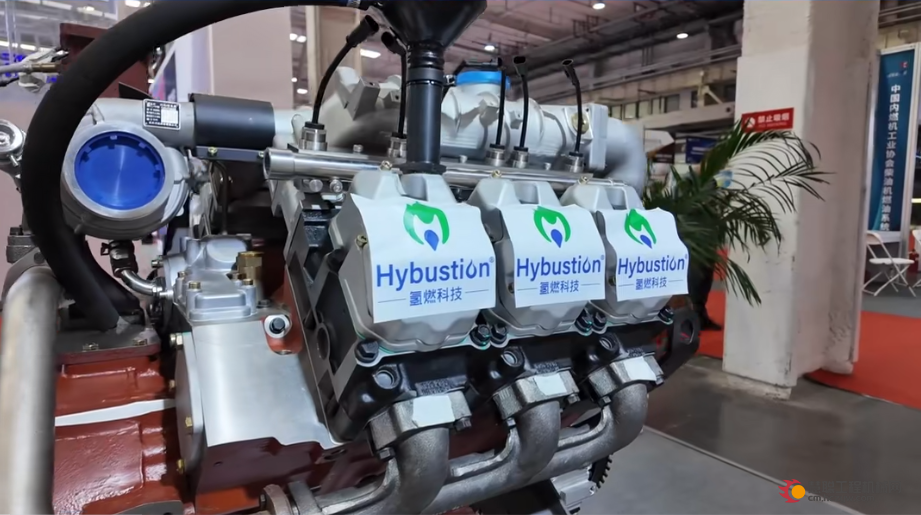
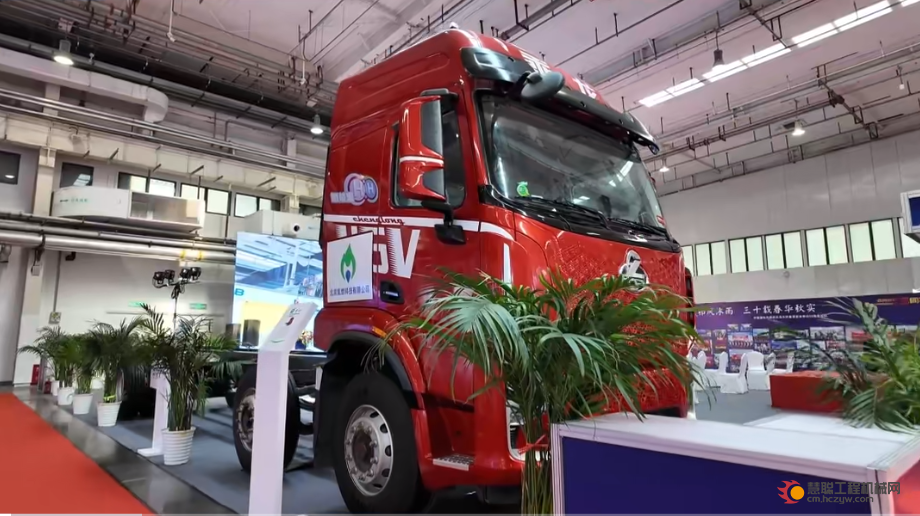
Question 4: As the leader of a research team in a university, what are your views and suggestions on the implementation path of promoting high-quality industrial development through the deep integration and integrated development of industry, academia, and research?
Answer: This is a very important topic. It used to be called industry university research, and now it is also called government industry university research. In recent years, our development in this area has been relatively good, and the team at Beijing Institute of Technology is practicing the path of industry university research. We have established very good cooperative relationships with many domestic enterprises. On the one hand, we have promoted the research and development of hydrogen internal combustion engines, and on the other hand, we have contributed first-class scientific research projects to enterprises, helping them improve their development capabilities. This is a mutually reinforcing relationship.
In terms of deep integration of industry, academia and research in the future, I think we still need to explore new paths. Just like in 2022, when our team established Beijing Hydrogen Fuel Technology Co., Ltd., we are also conducting industrial development. Our technology can provide better solutions for more domestic enterprises, including our engine and vehicle companies. This is a beneficial attempt in the field of industry university research.
Beijing Institute of Technology has always been at the forefront of the transformation of scientific research achievements in domestic universities, and has also formulated relevant management measures to ensure the stable and far-reaching development of our industry university research path. We need to continuously strive and deepen our efforts in the field of industry university research.
Article source: Reprinted from Huicong Engineering Machinery Network